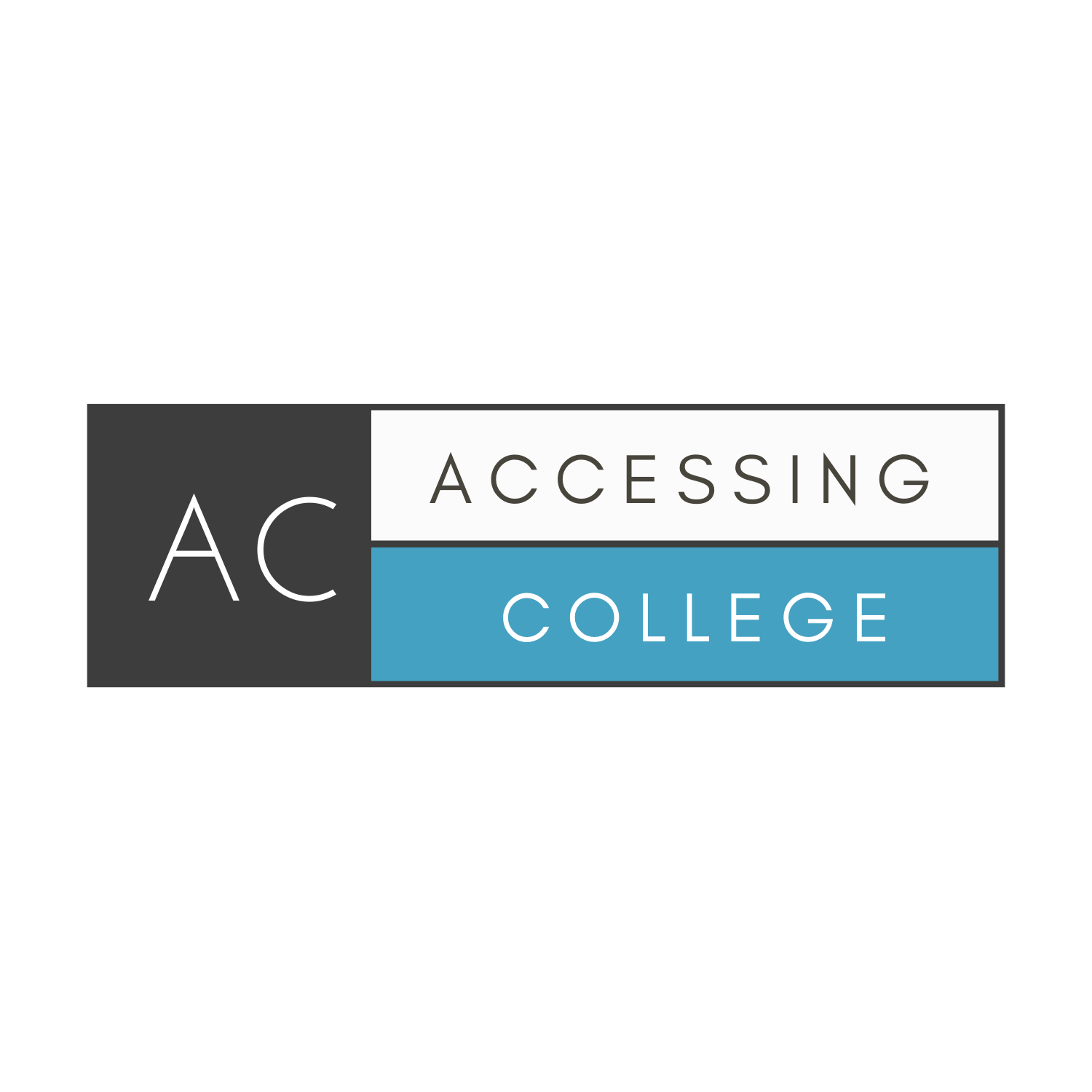Do you know what it takes to have your student self-advocate in college? Where does a parent start? What information is important for your student to know? Is it complicated? Will it take a long time? How does it even relate to college or their success?
In this episode of After The IEP podcast, I’m going over the five steps for self-advocacy. These are the five things your student needs to advocate for their disability in college. It’s directly based on my book Self-Advocacy for Higher Education: A Step-by-Step Guide To Preparing To Request Accommodations In College.
I firmly believe that a knowledgeable student is a prepared student. Your student cannot advocate for a place of ignorance. That starts with you, the parent. These five steps for self-advocacy will give your student a sold beginning for college.
If you know what to focus on and how best to get them the information, then your student has a much better chance of successfully advocating for their needs. It also leads to them being more self-aware, more resilient, and ask for help when they need it.
It also maximizes the chance of them requesting accommodations in college and not waiting to do so. Remember this statistic: students who wait to request accommodations are 3 times less likely to graduate. Let that sink in.
Do you want your student to know how to self-advocate?
Listen in and find out!
Here’s the link to the book and my course that walks you through the process step-by-step.




